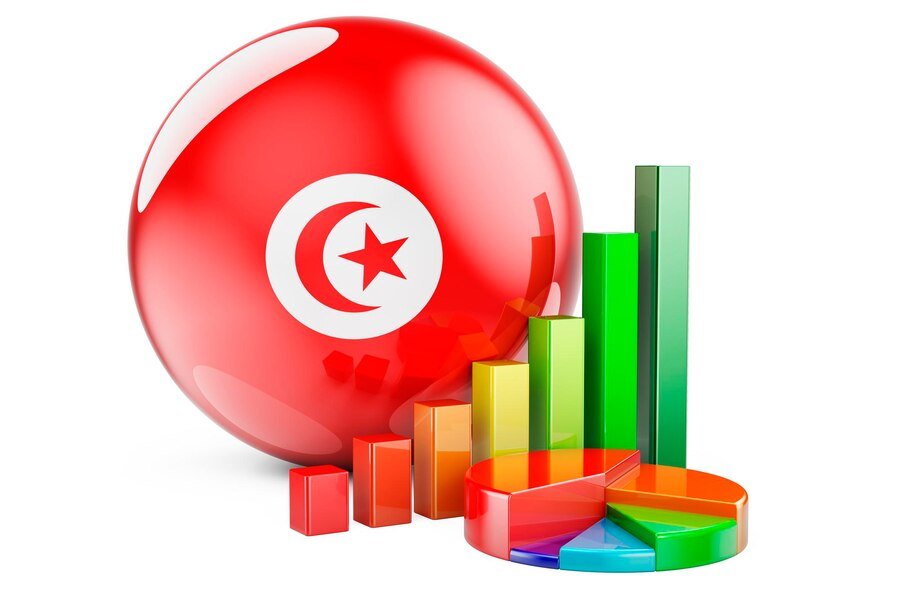The annual Global Economic Resilience Index 2025 has just been released by FM Economic and Financial Solutions, a UK-based company specializing in economic and financial risk analysis.
The Index measures countries’ ability to manage crises, overcome economic shocks, and strengthen business environments. It assesses both risk exposure and institutions’ capacity to respond effectively.
With an overall score of 54.2 points, Tunisia ranks 75ᵉ out of more than 130 countries worldwide.
In detail, the indicators are very contrasting. The country is highly exposed to climate risks, with a score of 91, and to those related to climate change (93.8; 24ᵉ world rank). On the other hand, the quality of management of these risks remains low, with a score of 22.7 (71ᵉ world rank).
On the economic front, inflation remains one of the ranking’s black spots, with a score of 98.8 (110ᵉ world rank). In the fight against corruption, Tunisia scores 33.2 points (77ᵉ world rank).
On the Maghreb scale, Tunisia ranks 3ᵉ, behind Morocco, which leads the region (70ᵉ world, 56.1 points) and Egypt with a score of 55.2 (74ᵉ). Algeria ranks 91st with a score of 47.7, while Mauritania and Libya are not included in the ranking.
At the global level, Denmark dominates the ranking, taking first place with a perfect score of 100, followed by Luxembourg (99.5 points) and the United Kingdom, which completes the podium. Chad, on the other hand, is ranked 130th with a score of zero.
In the Arab world, Qatar tops the rankings with over 76 points at 37th worldwide. It is followed by the United Arab Emirates (43rd globally, 73.6 points) and Saudi Arabia (48th), while Bahrain and Oman rank 54th and 56th respectively.
The report points out that nearly 50 countries now manage to recover from financial crises 30% faster than the global average.
The index is based on a number of factors and sub-indicators covering the political, economic and social spheres.
These include education levels, health care expenditures, inflation rates, quality of logistics infrastructure, urban expansion, water stress, and more.
TunisianMonitorOnline (NejiMed)




